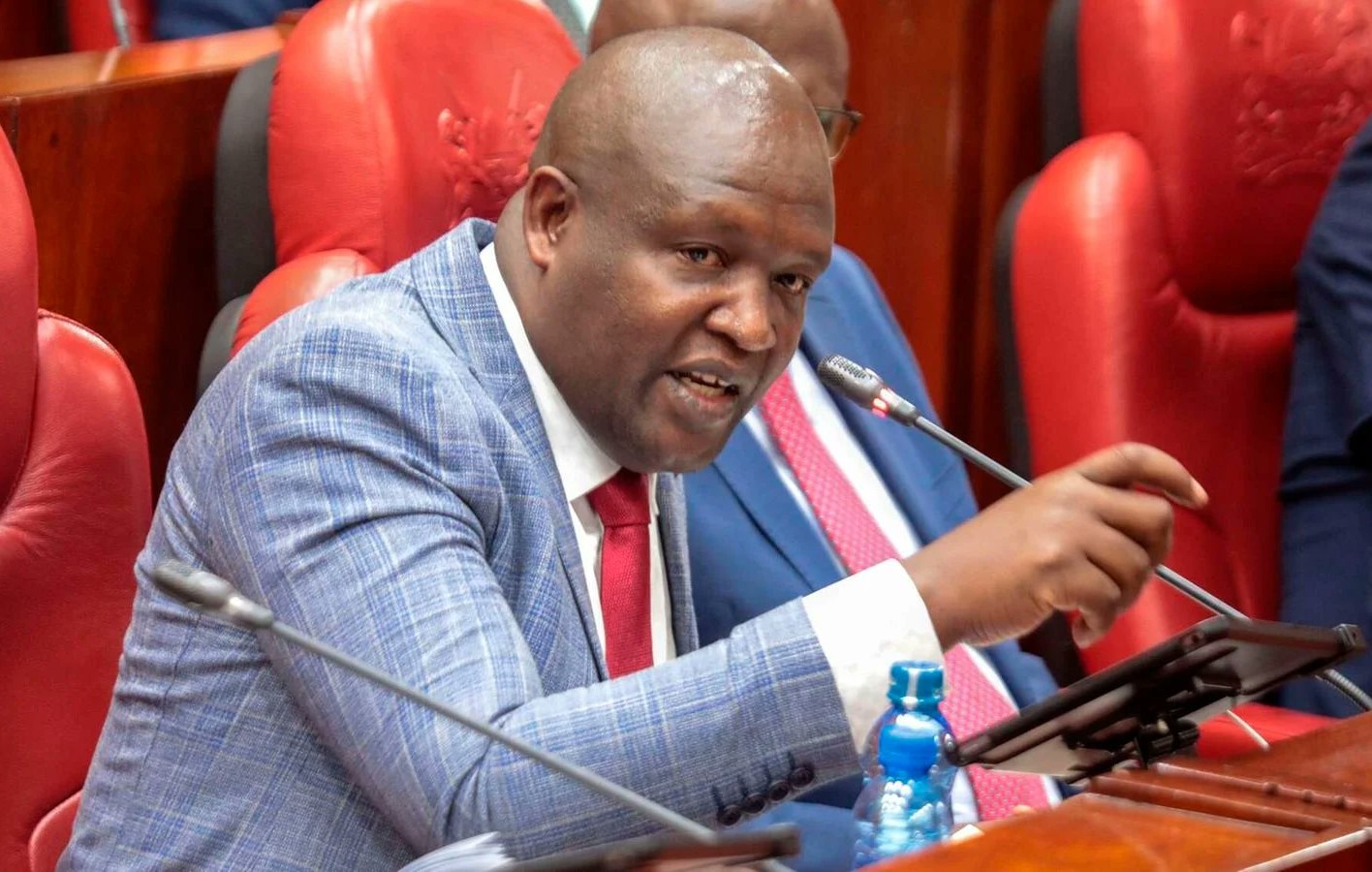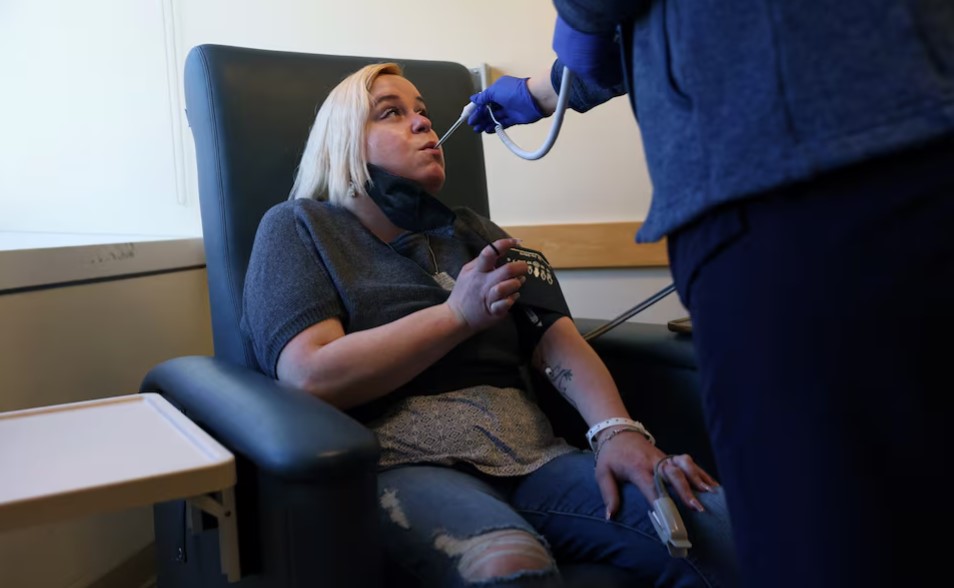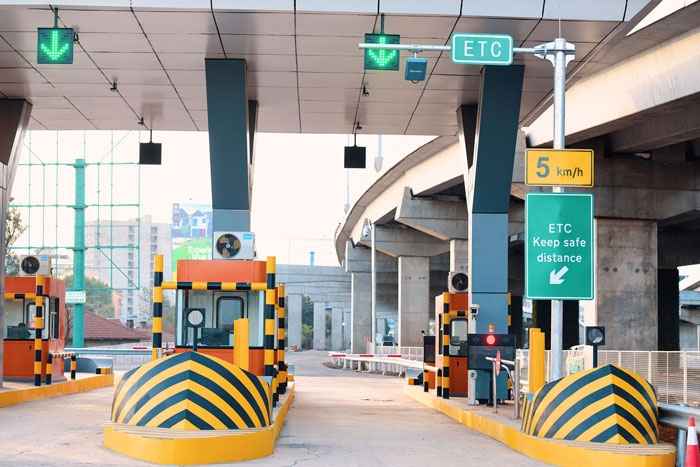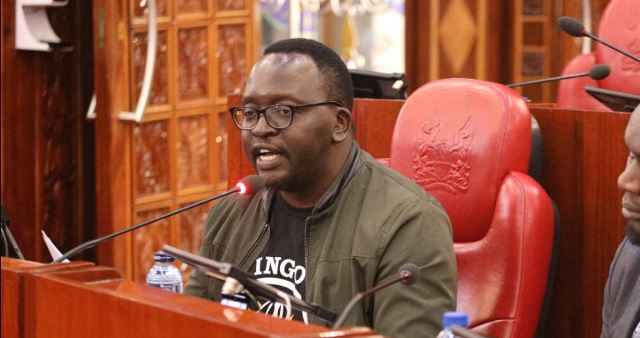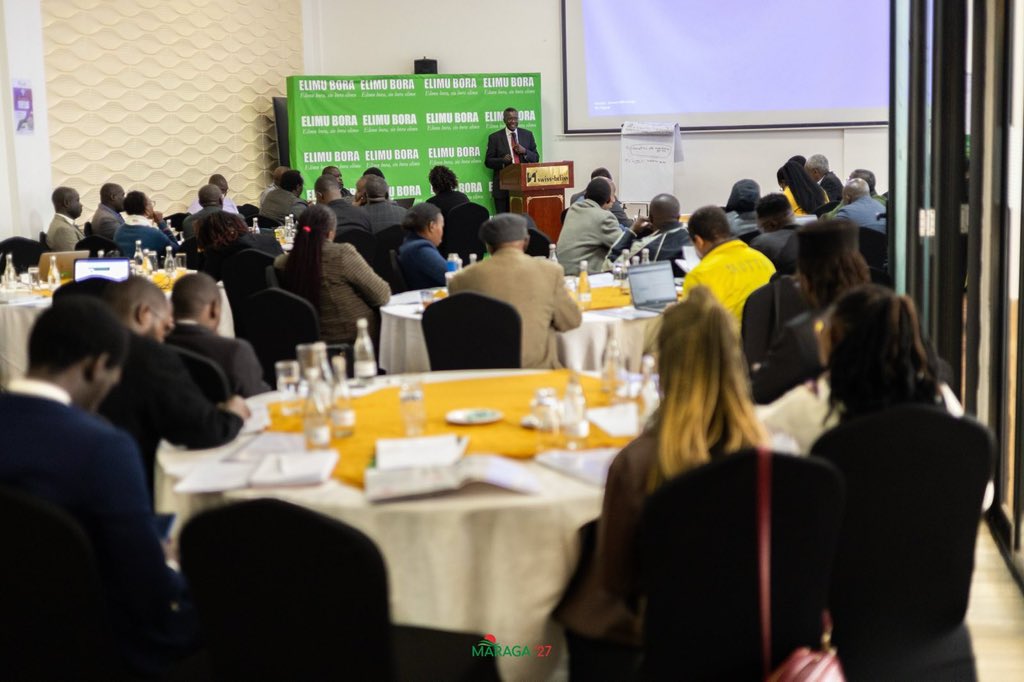Kenya's oversight bodies crippled by underfunding, government disregard, report reveals

The Constitutional Implementation Oversight Committee, in a report tabled in the National Assembly, noted that the Controller of Budget, Auditor General, and Commission on Revenue Allocation face deep structural limitations that prevent them from executing their duties effectively.
Kenya’s key oversight institutions are unable to function as intended, thanks to persistent underfunding, lack of enforcement authority, and continuous disregard from the very government bodies they are meant to oversee, a parliamentary committee has revealed in a damning report.
The Constitutional Implementation Oversight Committee, in a report tabled in the National Assembly, noted that the Controller of Budget, Auditor General, and Commission on Revenue Allocation face deep structural limitations that prevent them from executing their duties effectively.
More To Read
- Audit reveals Sh4.1 billion in NG-CDF bursary funds unaccounted for
- Counties given until Friday to submit pending bills clearance plans, CoB warns
- Auditor General’s report prompts probe into Kenya School of Government finances
- Controller of Budget warns of funding delays as counties miss budget deadlines
- Auditor General blames underfunding for Kenya's poor global audit ranking
- Report recommends granting punitive powers to Auditor-General and Controller of Budget
The report, which examined their operations and constitutional responsibilities, observed that even with sound recommendations, the agencies' work often ends up shelved and ignored by those in power.
“The persistent culture of non-cooperation from regulated entities actively undermines oversight functions of the constitutional commissions and independent offices,” the committee stated in its findings.
For the Controller of Budget, the committee identified multiple hurdles, including gaps in legislation, the absence of legal authority to enforce its findings, and a lack of consequences for those who disregard its guidance.
One of the major loopholes highlighted involves the Housing Levy Fund, which collects around Sh63 billion every year but is beyond the Controller’s supervision because it is classified as a levy rather than a budgeted fund.
“This legal loophole prevents any independent oversight of the estimated Sh63 billion collected annually under this programme,” the report noted.
The report also flagged the continued misuse of public funds in counties, where 31 devolved units operate more than one bank account in breach of the Public Finance Management Regulations.
While the Controller’s office has pointed this out, it remains unable to compel compliance or punish violations due to a lack of legal backing.
The same problem exists in the settlement of pending bills, which have now grown to Sh538 billion.
While the Controller’s office verifies the legitimacy of these bills, it plays no role once the money is disbursed.
“While the Controller of Budget verifies and classifies pending bills as lawful obligations, the actual payment process excludes the office once the funds are released to spending entities,” the report states.
Additionally, the Controller of Budget Act (Cap 429) restricts the office from reporting on key areas such as economic development trends and fiscal projections, limiting its ability to provide a full picture of public finance.
To solve this, the committee wants Parliament to change the law to give the office the authority to enforce its recommendations, allow it to report on broader economic issues, and introduce penalties for those who ignore its findings.
The Office of the Auditor General is facing equally serious setbacks, mainly tied to financial dependence and limited independence.
According to the committee, Parliament is a key obstacle, delaying important laws that would strengthen the Auditor’s mandate and failing to prioritise debates on performance audits.
Only two out of 50 such reports have been discussed: the 2023 Flood Response and the 2021 audit on services for persons with disabilities.
The committee noted that the office has experienced a sharp rise in the number of entities it audits, jumping from 1,192 in 2016/17 to more than 12,700 in 2023/24, yet its funding has remained low.
“The Office of the Auditor General ranks below its peers in Uganda and South Africa in financial autonomy. It receives 0.20 per cent of the national budget, hindering mandate delivery,” the report said.
The committee recommends increasing the Auditor General’s allocation to 0.5 per cent of the national revenue, based on the latest audited accounts.
It also calls for the urgent passage of the Public Audit (Amendment) Bill, 2024, to allow the office to manage its funds independently and reduce delays caused by bureaucracy.
“Legislative interventions, particularly the expeditious passage of the Public Audit (Amendment) Bill, 2024, are critical to guaranteeing funding to the Office of the Auditor General and establishing an Office of the Auditor General Fund to ensure operational flexibility,” the report adds.
The Commission on Revenue Allocation is also facing challenges due to financial limitations and the lack of power to enforce compliance with its proposals.
Despite playing a central role in advising on revenue sharing across the country, the commission has no way of ensuring that its recommendations are followed.
Top Stories Today

